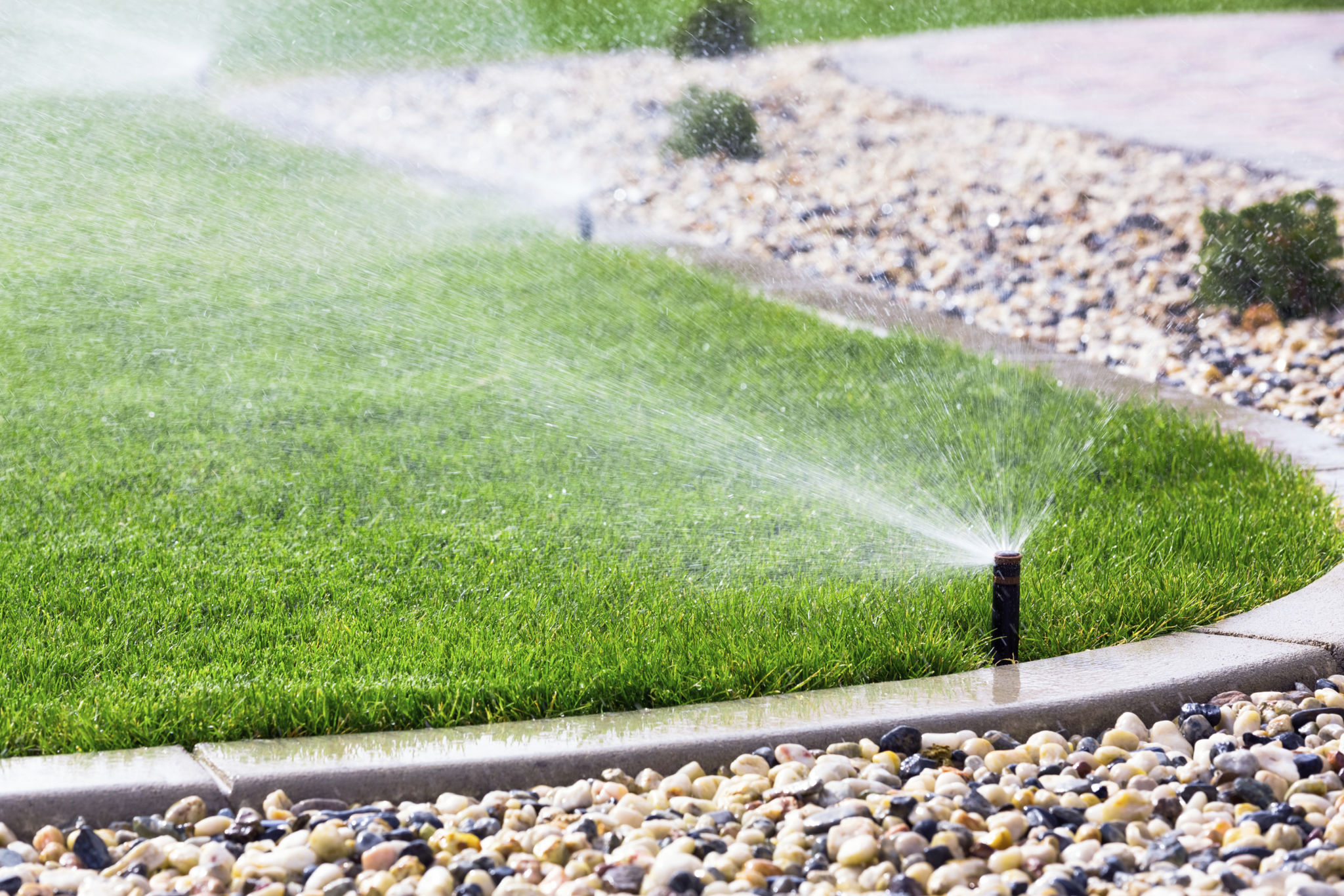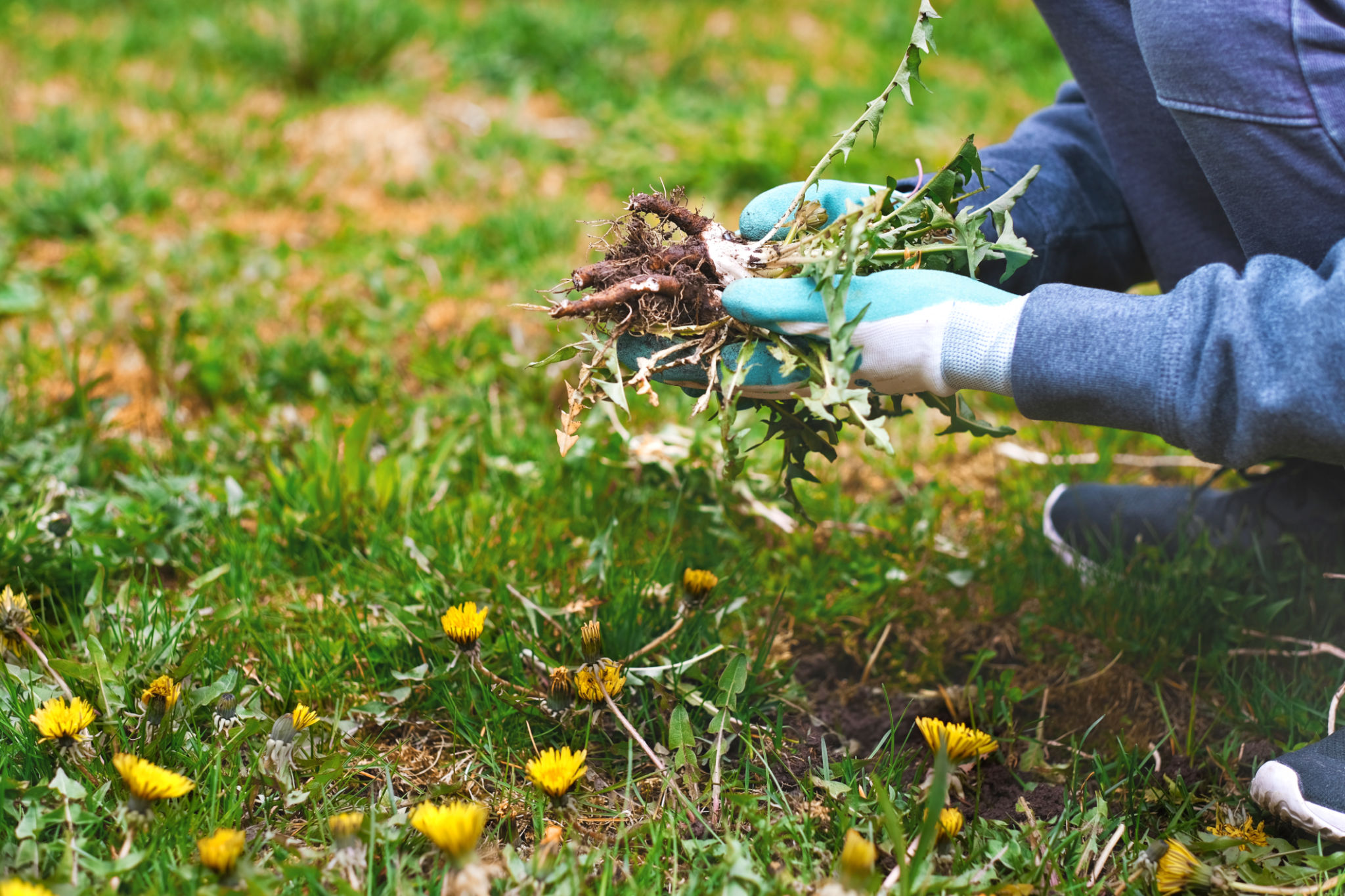Frequently Asked Questions About Lawn Care in Fort Worth
Why is Lawn Care Important?
Lawn care is crucial for maintaining the aesthetic appeal and health of your yard. A well-maintained lawn not only enhances the beauty of your home but also increases its value. Proper lawn care ensures your grass receives the nutrients it needs to grow strong and lush.
In Fort Worth, the climate can be challenging for lawn maintenance due to hot summers and occasional droughts. Therefore, understanding the specific needs of your lawn in this region is essential for its health and sustainability.

What are the Best Practices for Mowing?
Mowing is a fundamental aspect of lawn care. The best practice is to mow frequently, ensuring that no more than one-third of the grass blade is cut at a time. This helps maintain the grass's health and prevents stress.
It's advisable to adjust your mower's height according to the season. During the summer months in Fort Worth, keeping your grass slightly taller can help it retain moisture and remain resilient against the scorching sun.
How Often Should You Water Your Lawn?
Watering frequency depends on various factors such as grass type, season, and soil condition. In Fort Worth, it is generally recommended to water deeply but infrequently. This encourages the roots to grow deeper, making your lawn more drought-resistant.
An ideal watering schedule is once or twice a week, ensuring about one inch of water each time. Early morning is the best time to water, as this minimizes evaporation and allows the grass to dry throughout the day.

What Fertilization Schedule Should I Follow?
Fertilizing your lawn provides essential nutrients that promote healthy growth. In Fort Worth, it’s best to fertilize during the growing seasons—primarily spring and fall. A slow-release fertilizer can provide nutrients over time, ensuring your lawn remains healthy throughout the seasons.
It's crucial to follow the recommended application rates on fertilizer packages and consider a soil test to determine any specific nutrient deficiencies.
How Do You Control Weeds and Pests?
Weeds and pests can be a significant nuisance in maintaining a healthy lawn. Pre-emergent herbicides can help prevent weeds from germinating, while post-emergent herbicides are effective against existing weeds.
For pest control, it's essential to correctly identify the pest before treatment. Using eco-friendly pesticides or natural pest control methods can help protect beneficial insects and reduce chemical usage in your yard.

Should You Aerate Your Lawn?
Aeration involves perforating the soil with holes to allow air, water, and nutrients to penetrate the grass roots. This process is particularly beneficial in Fort Worth's compacted clay soils. Aerating once a year, preferably in the fall or spring, can significantly improve your lawn's health.
If you're unsure about aerating, consult with a lawn care professional who can assess your specific needs and recommend the best course of action.
How Do Seasonal Changes Affect Lawn Care?
Each season presents unique challenges and opportunities for lawn care in Fort Worth. Spring is ideal for fertilizing and seeding, while summer requires diligent watering practices. Fall is perfect for aeration and overseeding, and winter involves minimal maintenance but occasional monitoring for diseases.
Adjusting your lawn care routine with each season ensures that your lawn stays healthy year-round, adapting to Fort Worth's variable climate conditions.
